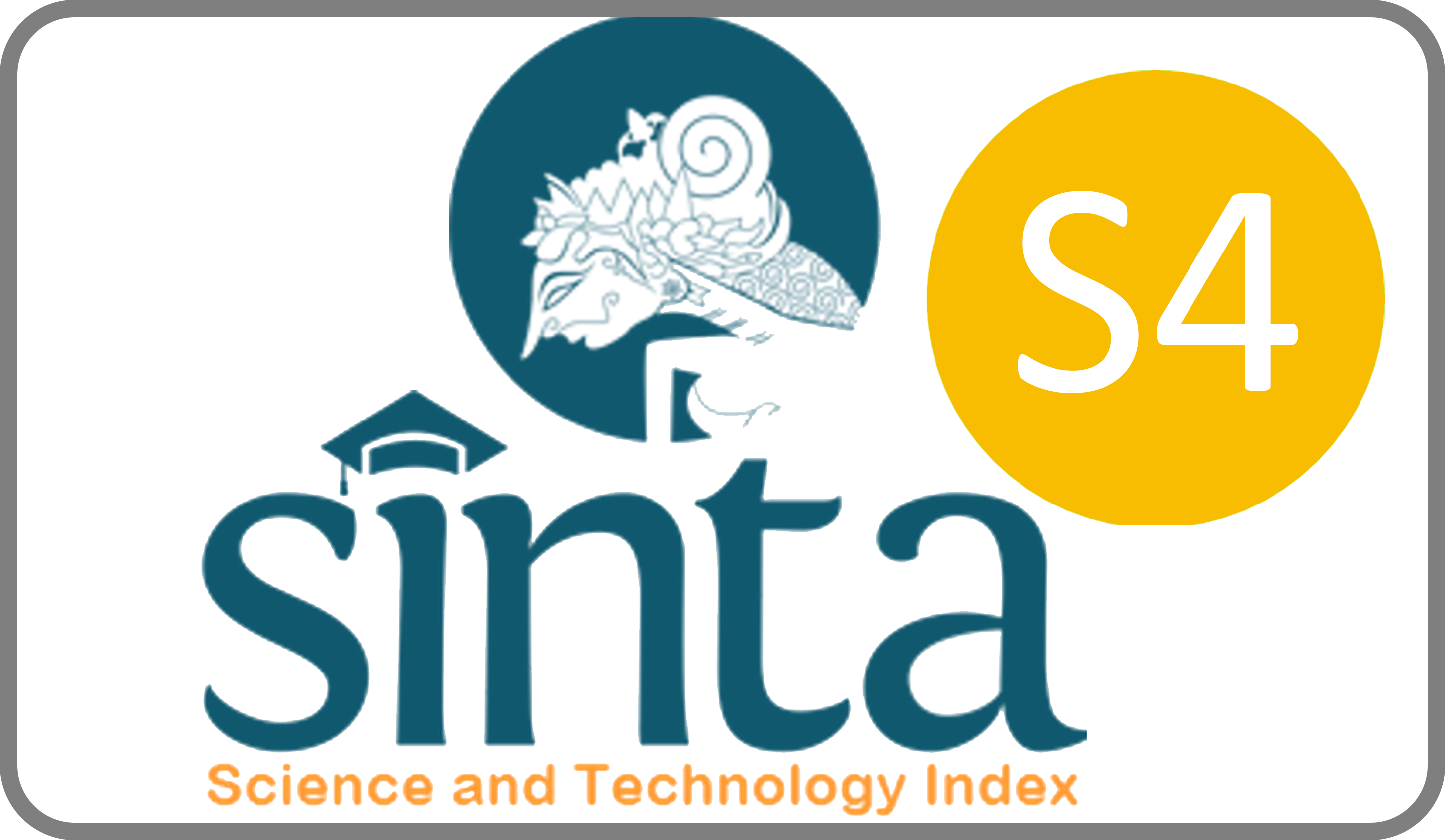PENINGKATAN PEMBERDAYAAN KELOMPOK WANITA TANI DUSUN WONOREJO KOTA BATU MELALUI PELATIHAN PEMBUATAN PRODUK SUSU PROBIOTIK-SARI BUAH SEBAGAI MINUMAN KESEHATAN
Downloads
Wonorejo village in Batu city is known as a vegetable and fruit producing area. Another popular product of Batu mostly is fresh dairy milk and only a small amount of processed products while the cow milk collected in KUD Batu has reached 16-17 tons per day. The problem was that the target community had no experiences in processing cow milk using probiotic microbes. The purpose was transfering of science and technology about the production of probiotic milk combined with fruit juice. This program was specifically directed to increase the empowerment of Kelompok Wanita Tani "Wonoasri" in Wonorejo, in developing of fruity- probiotic dairy products to increase the diversification of products with higher economic value. The method included workshop and technical assistance, which were carried out in a serie of steps: 1) exploring the knowledge of target by surveys and pre test, 2) lecturing and discussion, 3) demonstrating how to prepare and characterize the probiotic milk products, 4) training the preparation of product, 5) product characterization and packaging assistance, 6) evaluation. The results of this program were the target community gained increase in knowledge and experience, and they could produce fruity probiotic milk. In addition, we expected that they would increase their understanding and enthusiasm to appreciate the potency of their territory in order to improve the nation's competitiveness.
abstrak
Desa Wonorejo di kota Batu dikenal sebagai daerah penghasil sayur dan buah. Produk populer lain dari Batu adalah susu segar dan sejumlah kecil produk olahan. Susu sapi dikumpulkan di KUD Batu. Masalahnya adalah bahwa komunitas target tidak memiliki pengalaman dalam memproses susu sapi menggunakan mikroba probiotik. Tujuannya adalah mentransfer ilmu pengetahuan dan teknologi tentang produksi susu probiotik yang dikombinasikan dengan jus buah. Program ini diarahkan untuk pemberdayaan Kelompok Tani Wanita "Wonoasri" di Wonorejo, dalam mengembangkan produk susu buah-probiotik untuk diversifikasi produk dengan nilai ekonomi lebih tinggi. Metode tersebut termasuk lokakarya dan bantuan teknis, dalam serangkaian langkah: 1) mengeksplorasi pengetahuan target dengan survei dan pra-tes, 2) ceramah dan diskusi, 3) menunjukkan bagaimana mempersiapkan dan mengkarakterisasi produk susu probiotik, 4) pelatihan persiapan produk, 5) karakterisasi produk dan bantuan pengemasan, 6) evaluasi. Hasil program ini adalah komunitas sasaran memperoleh peningkatan dalam pengetahuan dan pengalaman, dan mereka dapat menghasilkan susu probiotik buah. Selain itu, kami berharap bahwa mereka akan meningkatkan pemahaman dan antusiasme mereka untuk menghargai potensi wilayah mereka untuk meningkatkan daya saing bangsa.
Akaibara. 2016. Profil Kecamatan Bumiaji, Kota Batu, dalam ngalam.com/2016/09/11/pro Dinas Peternakan Jawa Timur. 2012. Teknologi Pengolahan Susu dalam rangka Kampanye
Isnaeni, Poernomo A.T, Nataly F. "Profil Bioautogram Bakteriosin dalam Susu Probiotik.” Berkala Ilmiah Kimia Farmasi, Vol. 4, No.1 : 21-28.
Makanan Bergizi, disnak.jatimprov.go.id/web/
Muiz, AA. 2015. Industri Peternakan Rakyat Kota Batu Target Kelola 1.000 Ekor sapi, dalam suryamalang.tribunnews.com.
UPT Pembibitan Ternak dan Hijauan Makanan Ternak (UPT PT-HMT) Batu. 2016. Informasi Kegiatan dan Produk, dalam disnak.jatimprov.go.id/web/uptlab/
JLM by Unair is licensed under a Creative Commons Attribution-ShareAlike 4.0 International License.
1. The journal allows the author to hold the copyright of the article without restrictions.
2. The journal allows the author(s) to retain publishing rights without restrictions
3. The legal formal aspect of journal publication accessibility refers to Creative Commons Attribution Share-Alike (CC BY-SA).
4. The Creative Commons Attribution Share-Alike (CC BY-SA) license allows re-distribution and re-use of a licensed work on the conditions that the creator is appropriately credited and that any derivative work is made available under "the same, similar or a compatible license”. Other than the conditions mentioned above, the editorial board is not responsible for copyright violation.


















